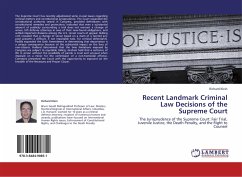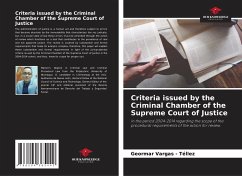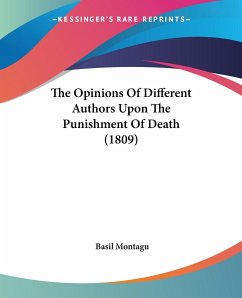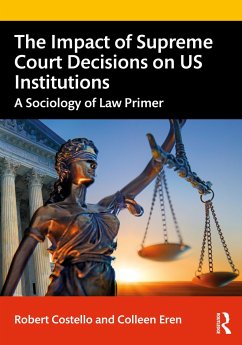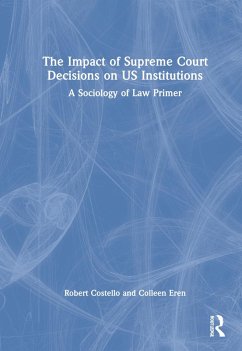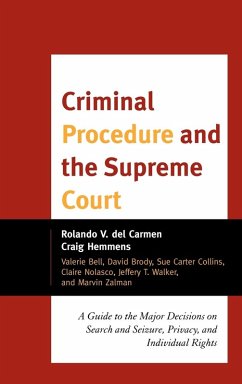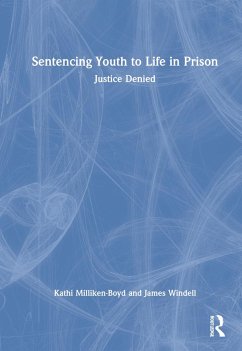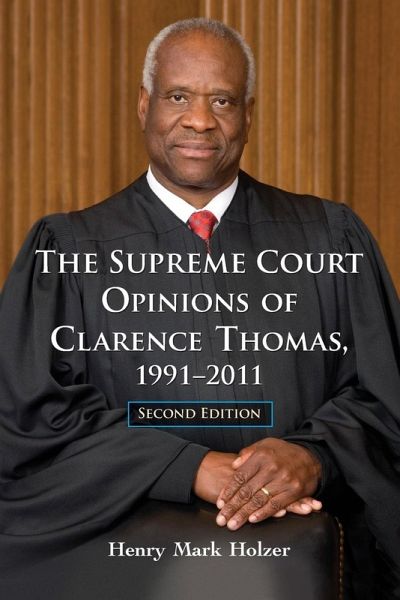
The Supreme Court Opinions of Clarence Thomas, 1991-2011, 2d ed.
Versandkostenfrei!
Versandfertig in 1-2 Wochen
35,99 €
inkl. MwSt.

PAYBACK Punkte
18 °P sammeln!
In his twenty terms as an associate justice of the Supreme Court of the United States, Clarence Thomas has written nearly 450 opinions. This analysis of Thomas's most important majority, concurring, and dissenting opinions offers laypersons and legal professionals alike the opportunity to understand in his own words Thomas's approach to constitutional decision-making and his understanding of the most important provisions of the Constitution.





